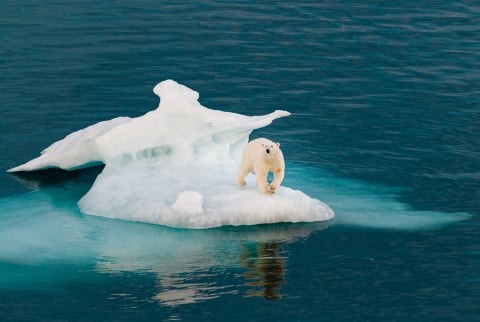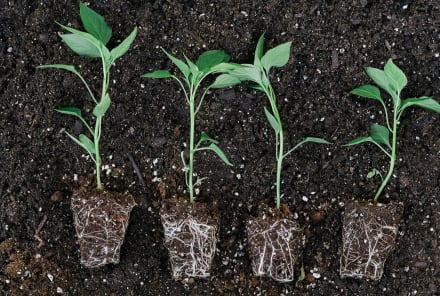Advertisement
2019 Was The Second Warmest Year Since 1880, According To NASA & NOAA


The National Center For Environmental Information released their Global Climate Report for 2019, and things seem to be heating up.
“The decade that just ended is clearly the warmest decade on record,” says Gavin Schmidt, director of NASA’s Goddard Institute for Space Studies in New York. “Every decade since the 1960s clearly has been warmer than the one before.”
Not only was this decade record breaking, but 2019 specifically was the second warmest year ever recorded in human history. Record keeping began in 1880, and has continued thoroughly throughout the past 140 years. The current record for hottest year recorded is held by the year 2016.
The report was created with data received from both NASA and the National Oceanic and Atmospheric Administration (NOAA). According to the data, “the global annual temperature has increased at an average rate of 0.13°F per decade since 1880 and over twice that rate (0.32°F) since 1981.”
In addition to the warmed temperatures, the report noted an increase in “weather and climate disasters” across the country. Between 1980 and 2019, the average number of hurricanes and other natural disasters was 6.5 per year, but in the last five years that average has gone up to 13.8.
Most recently, we’ve seen this with the devastating wildfires currently plaguing Australia, with over 50 million acres being burned, causing the death of both humans and animals. According to experts, these harmful conditions may become “normal” with the continued warming of our climate.
So what can we do?
Stay informed. The more you know about what’s going on, the easier it will be to find ways to help.
Get involved. Small actions can make a big difference, whether it be through practicing a plant-based diet or just composting in your daily life.
Think about the future, but remember to stay mindful of the present. Read more about the rising trend of eco-anxiety here, and remember to focus on the little things to help you get through.











